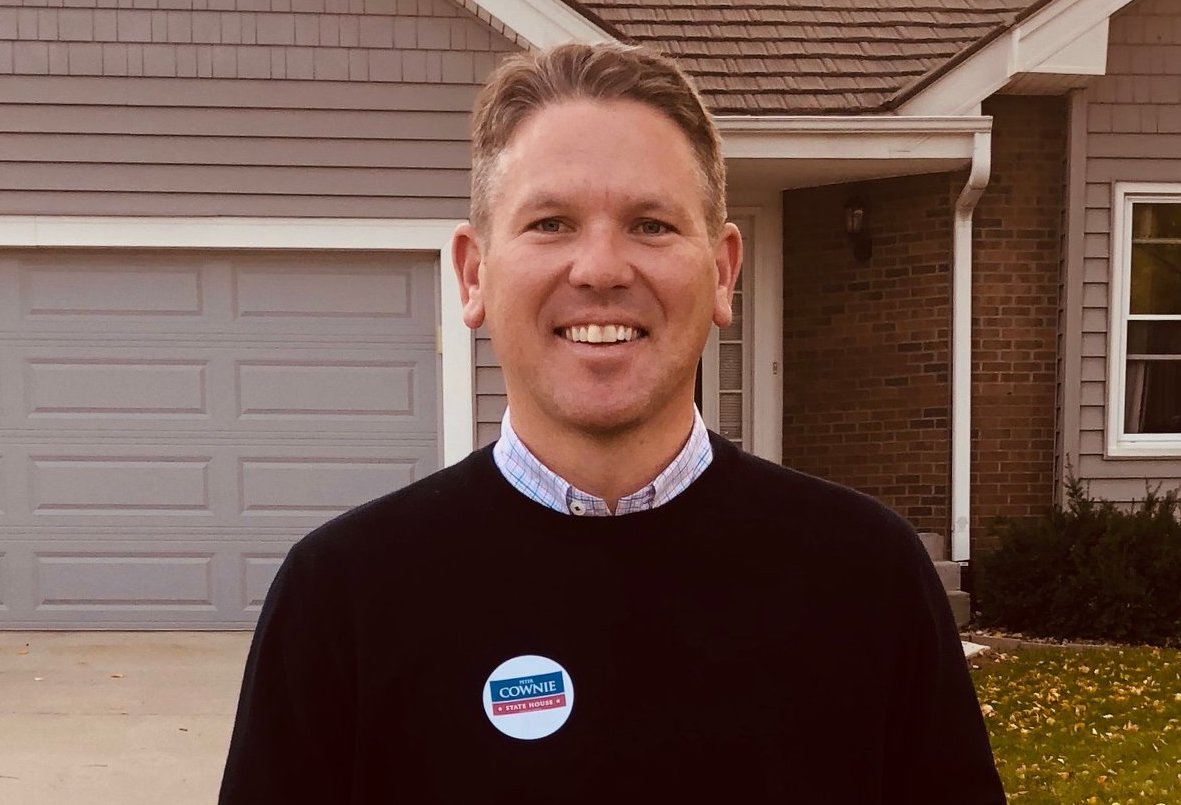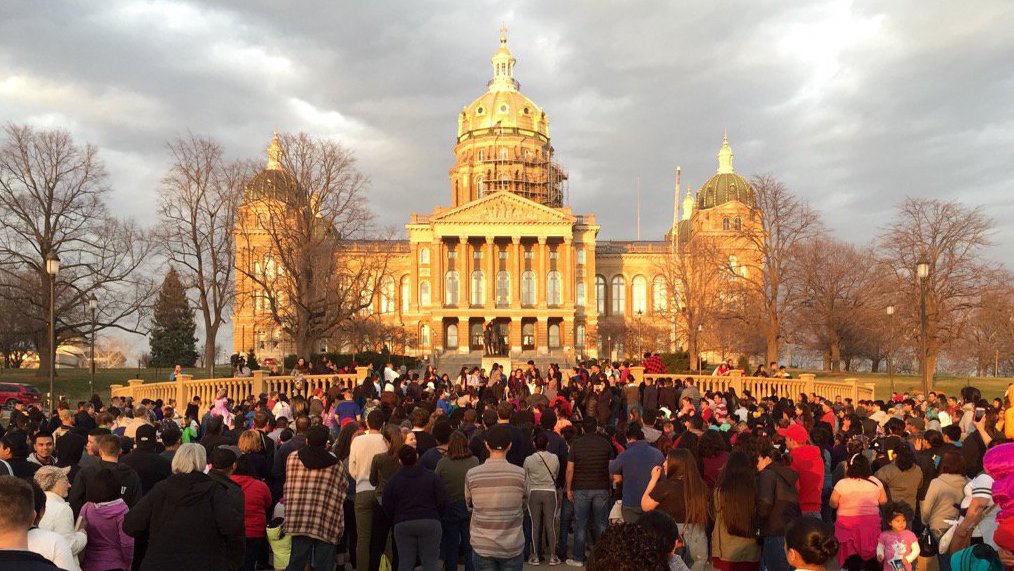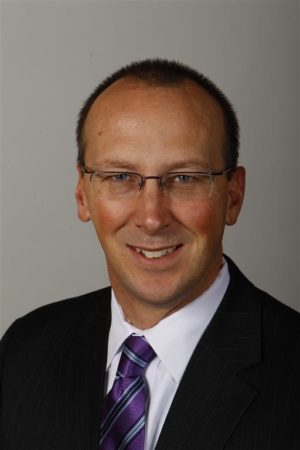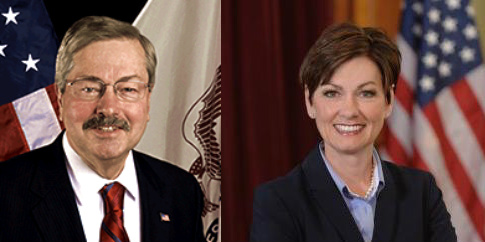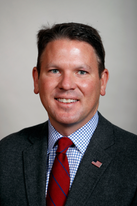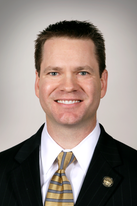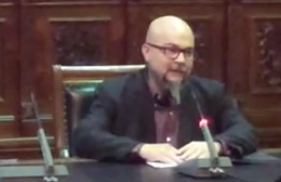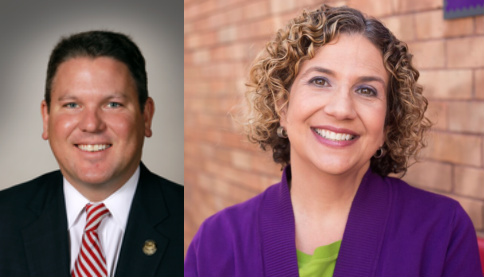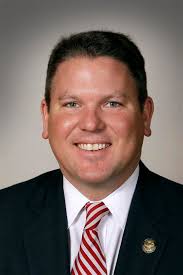Jennifer Jacobs reported for Bloomberg last night that Governor Terry Branstad has accepted President-elect Donald Trump’s offer to become the next U.S. ambassador to China. Jacobs cited three unnamed sources, and an unnamed member of Trump’s transition team confirmed the news to the Washington Post this morning. I expect Trump to make the official announcement during his Thursday “thank you” rally in downtown Des Moines. (By the way, many central Iowa Democrats as well as Republicans received a robocall invitation to that rally, featuring Donald Trump, Jr.)
I wish Branstad well in his new adventure. He’ll have a lot to contend with: the president-elect’s recent overture to Taiwan was destabilizing; Trump’s threats to punish China for supposedly unfair trade and currency practices could spark a trade war; and horrific air pollution has made Beijing “almost uninhabitable.”
Kim Reynolds is the fifth woman to hold the office of Iowa lieutenant governor and will soon become the first woman governor in our state’s history. Branstad has been saying for years he wanted her to succeed him, and many Democrats expected him to step down before the end of his sixth term, to give her the advantages of incumbency going into the 2018 campaign. The domain KimReynoldsforgovernor.com has been registered since 2012, Mark Langgin pointed out today.
Reynolds will select the next lieutenant governor, and she may use that power to neutralize a potential rival, such as Iowa Secretary of Agriculture Bill Northey. (Why Northey would agree to that arrangement is a mystery to me.) I don’t expect Reynolds to clear the field for the 2018 Republican primary, but as governor, she will be able to raise more money and possibly deter some ambitious people. Cedar Rapids Mayor Ron Corbett has been laying the groundwork for a gubernatorial campaign for years. I don’t know how many major donors would back him now that Reynolds will be the incumbent, though. Running a credible campaign against her would require millions of dollars.
Many Democrats were delighted to read this morning that Representative Steve King told The Hill’s Scott Wong he is thinking about running for governor himself. I suspect this will play out like the early months of 2013, when King attracted a lot of attention by saying he might run for U.S. Senate. I never believed then and don’t believe now that King will run for higher office. However, two recent developments may have changed the equation for him.
First, Iowa’s sharp turn to the right this November may have convinced King he has a chance to win a statewide election, which didn’t appear to be the case a few years ago. Second, he and Branstad are not on good terms. King was a leading surrogate for presidential candidate Ted Cruz, whom Branstad attacked shortly before the Iowa caucuses. Reynolds and many other prominent Iowa Republicans endorsed King before this year’s GOP primary in the fourth Congressional district, but Branstad didn’t join them. Adding to the insult, soon after King defeated State Senator Rick Bertrand in that primary, the governor’s son Eric Branstad hired some of Bertrand’s former staffer to work on Trump’s campaign.
Any thoughts about Branstad’s prospects in China or the 2018 campaign are welcome in this thread.
UPDATE: The Des Moines rumor mill sees State Representative Peter Cownie as a likely lieutenant governor choice for Reynolds. Further updates are after the jump.
Continue Reading...



